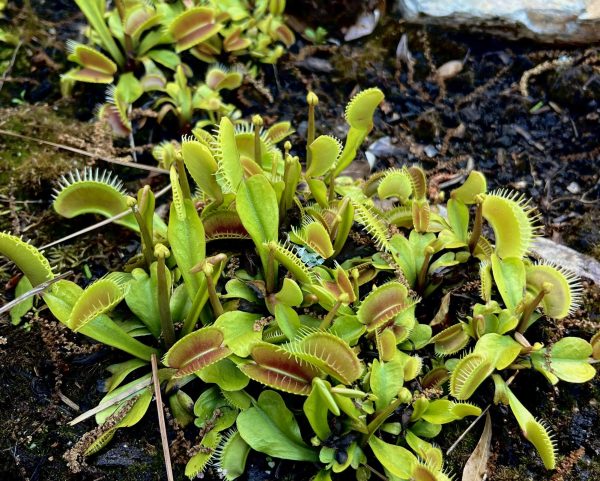
The Venus flytrap is a staple in N.C., earning the title of state carnivorous plant. Despite its substantial presence in the area, many residents are not aware of its importance in the state’s culture and environment.
Venus flytraps play a considerable role in the Wilmington culture. Flytrap Brewing, a local bar, is named after the plant, and there is a new sculpture in Carolina Beach celebrating the Venus flytrap.
Susan Nuttall, a career artist, worked with fellow artist Rhonda Lee to create the new sculpture in Carolina Beach. It is the first of a project aiming to put sculptures like this around the area, raising awareness for the Venus flytrap and raising funds to support local arts. “Carolina Beach is turning 100 years old, and they wanted to do a sculpture to dedicate to the Venus flytrap,” said Nuttall. “We are going to put one of the sculptures out [in the state park] to educate the public about the Venus flytrap.”
Venus flytraps are endemic to this area, occurring here and only here. “There are other parts of the world with carnivorous plants, but we are pretty unique,” said Matt Collogan, an environmental education manager at the New Hanover County Arboretum. “With the Venus flytrap, the only place in the world you can find them is within a 90-mile radius of Wilmington. So, they are not just native, they’re endemic.”
This fact makes them a plant that many people take interest in. “[Charles] Darwin said it was one of his favorite plants,” said Roger Shew, a senior lecturer in both earth and ocean sciences and environmental sciences at UNCW and a geologist by trade. Not only have Venus flytraps caught the eye of scientists throughout the years, but they have also caught the attention of the public, especially due to their unique trapping method.
Their feeding method is a result of their unique habitat. “Most plants are adapted to their area for four things; light, moisture, soils and topography,” said Shew. “We really don’t know why certain plants extend or occur in certain areas, but they do adapt to that area.”
Why exactly Venus flytraps only naturally exist here is a mystery, but their intriguing adaptations can be explained.
“Here we are in southeastern North Carolina. It’s a place that has a lot of acidic soils and some habitats known as pocosins, which are boggy wetland areas where the soil is also really low in nitrogen. The plants that evolved to grow in these habitats have found a way to get their nitrogen by harvesting bugs that they catch,” said Collogan.
Shew reiterated this by adding on to why they can be found in very specific areas. “[Venus flytraps] occur in selected habitats and some of the best habitats are what we call wet pine savannas in areas that have frequent fire,” said Shew.
Due to their specific habitat requirements, many efforts have been made to try to protect the flytrap. Professor Shew has played a role in this effort. “In North Carolina they are a threatened species, but nationally they are still just a species of concern,” said Shew. There was an effort a few years ago to get them on an endangered species list, but the request was denied. Despite this setback, the effort continued, leading to the implementation of a regulation known as the felon rule.
“The felony rule put into place that you could have 24 months of possible incarceration with the poaching of even one plant,” said Shew. “There was widespread poaching. Poaching is much more detrimental and decimates a small population, in fact, some populations have been removed that were smaller.”
Collogan also mentioned the negatives of poaching: “We don’t want people to harvest them from the wild. There is a problem with poaching a wild Venus flytrap, so if you are getting one for your own personal enjoyment, make sure you get one that is grown sustainably and responsibly.
Good places to see Venus flytraps include, the Stanley Reeder Carnivorous Plant Garden, the Green Swamp Preserve and the Carolina Beach State Park.
To find out more about the Venus flytrap sculptures or apply to be a chosen artist, visit the Island Arts Council website. The project details can be found under the events tab at “Venus Flytrap on Parade.”
To find out more about conservation efforts, click here.



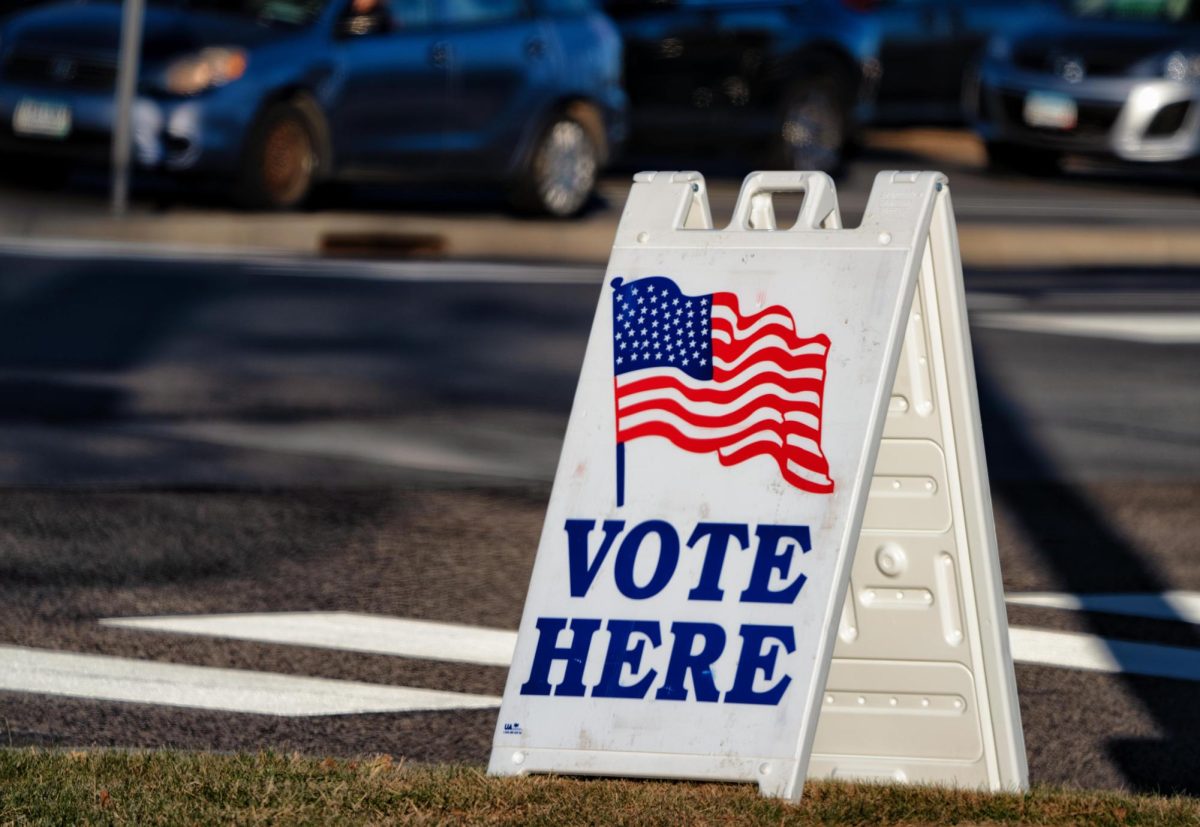
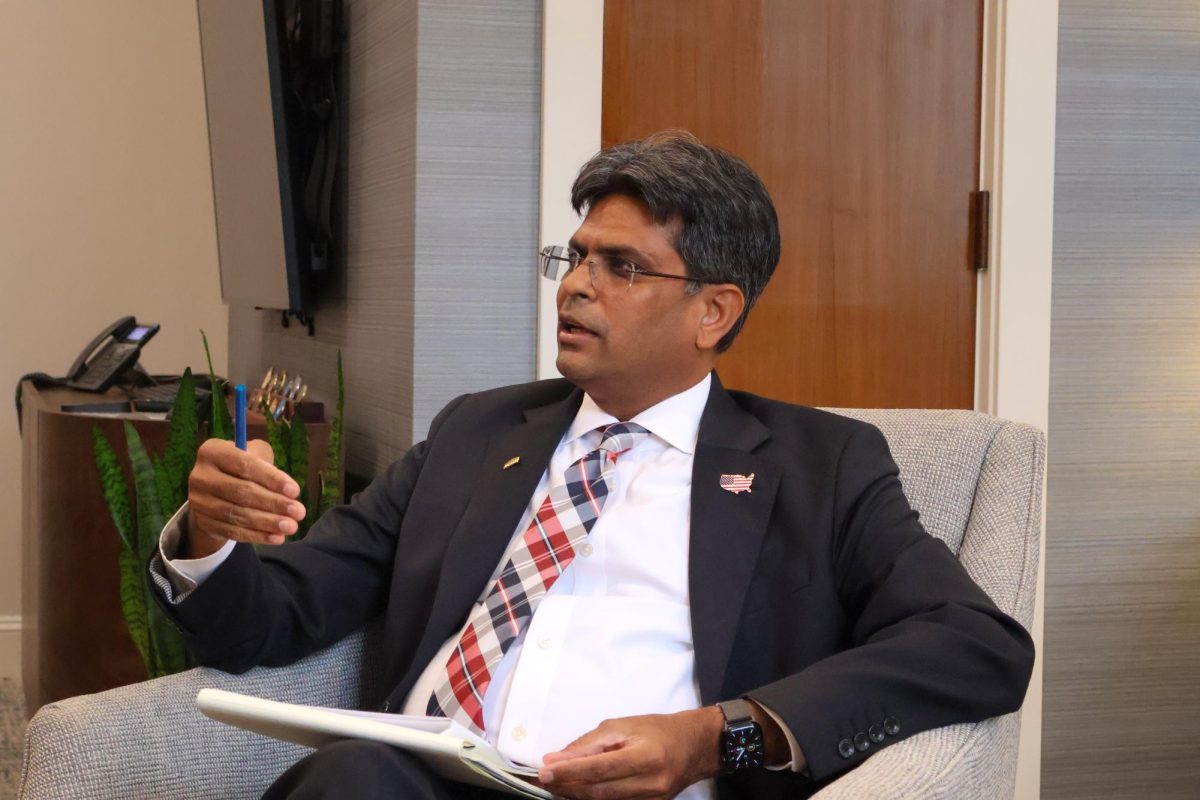
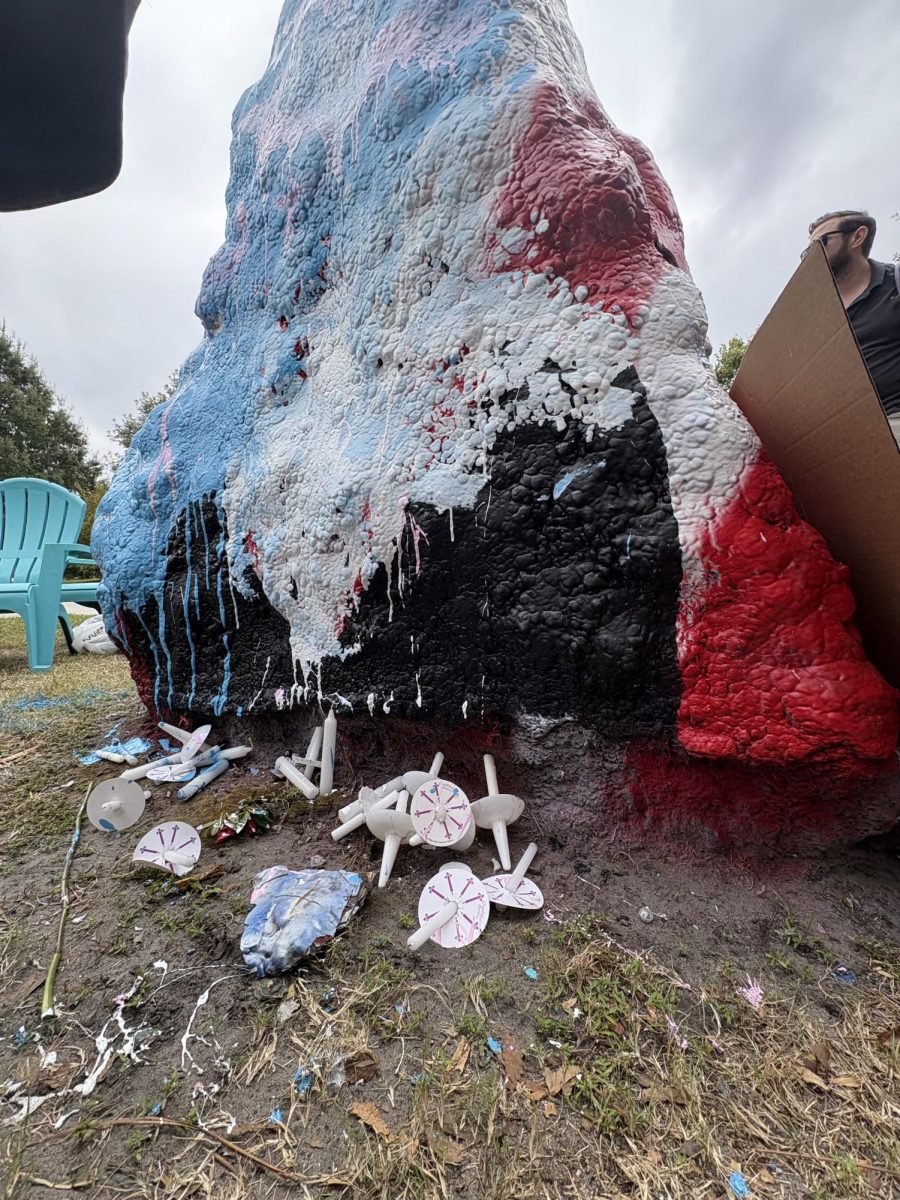
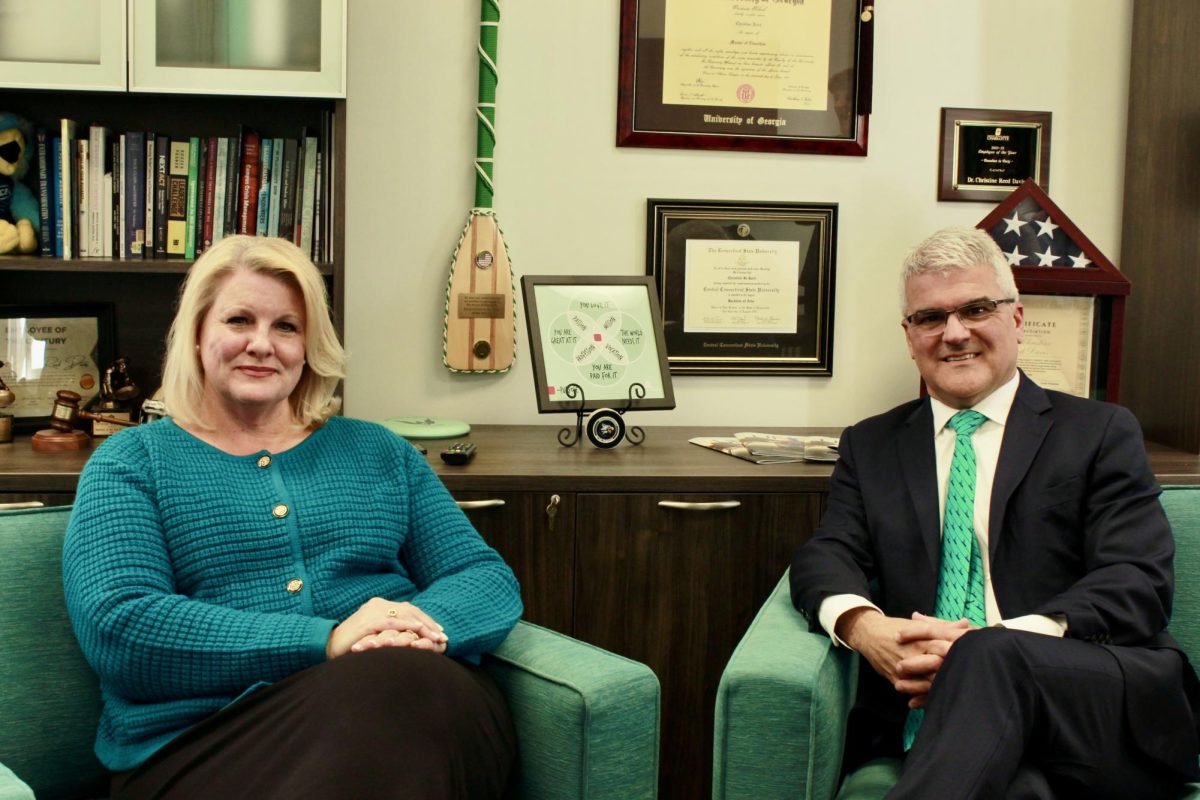


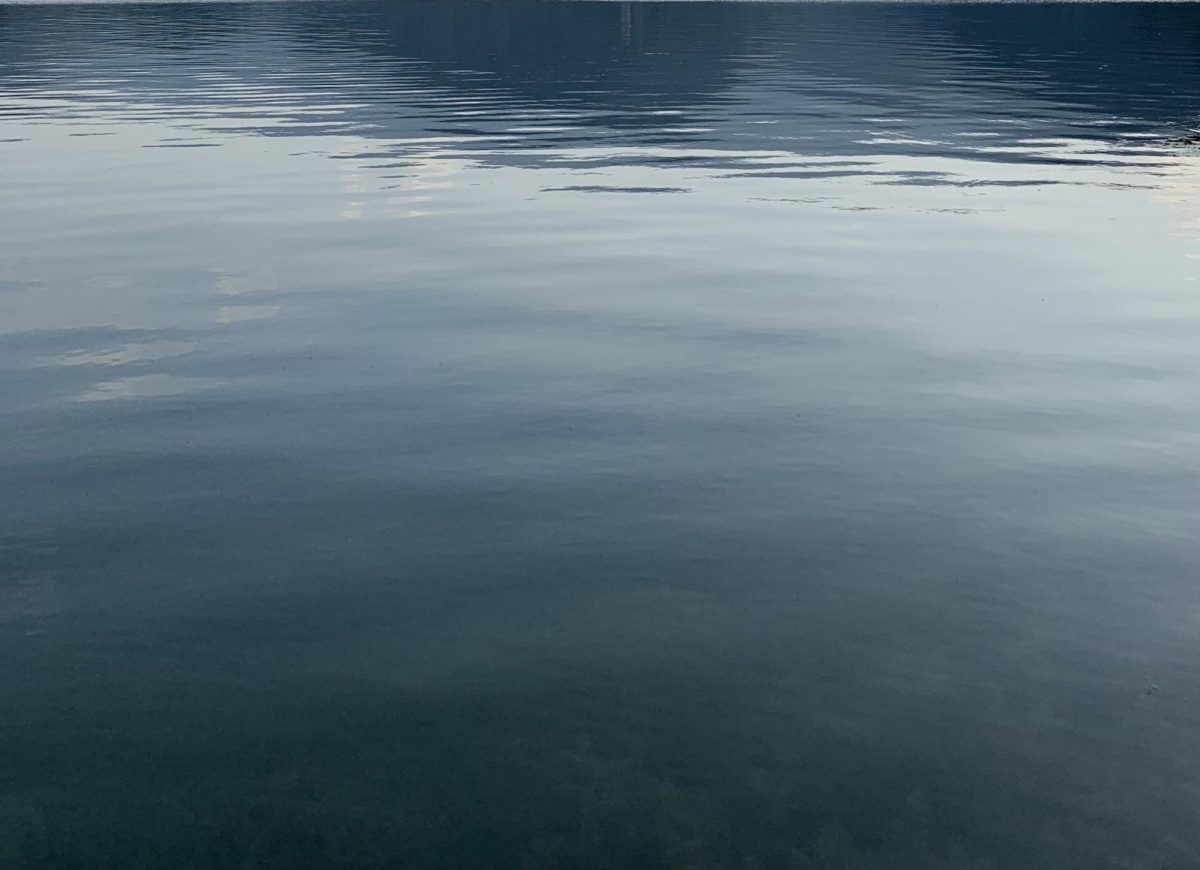
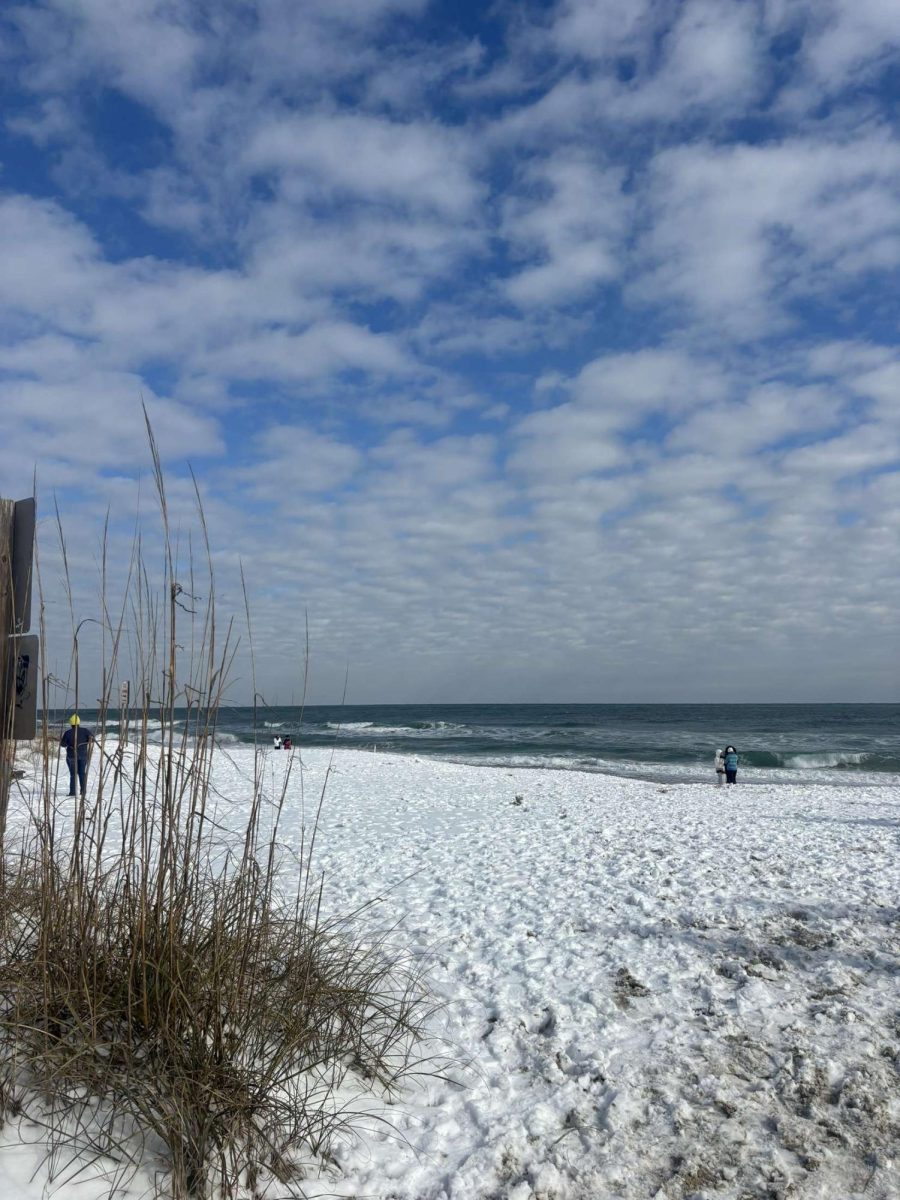
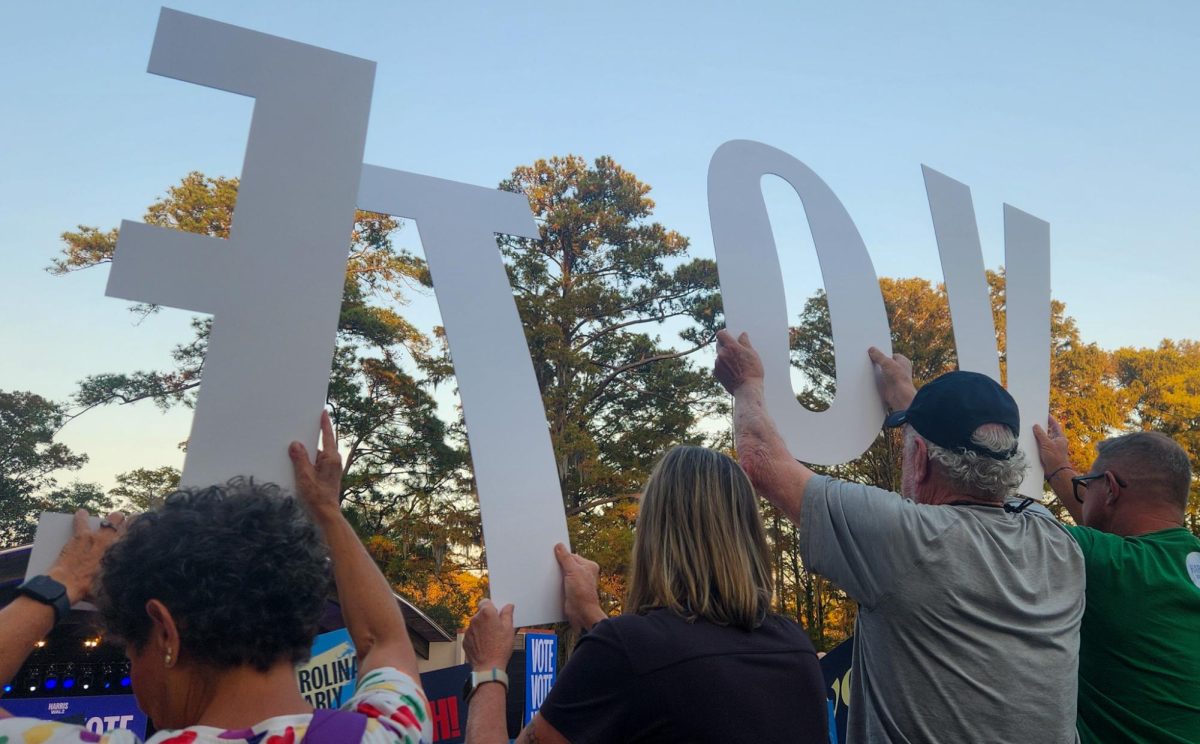



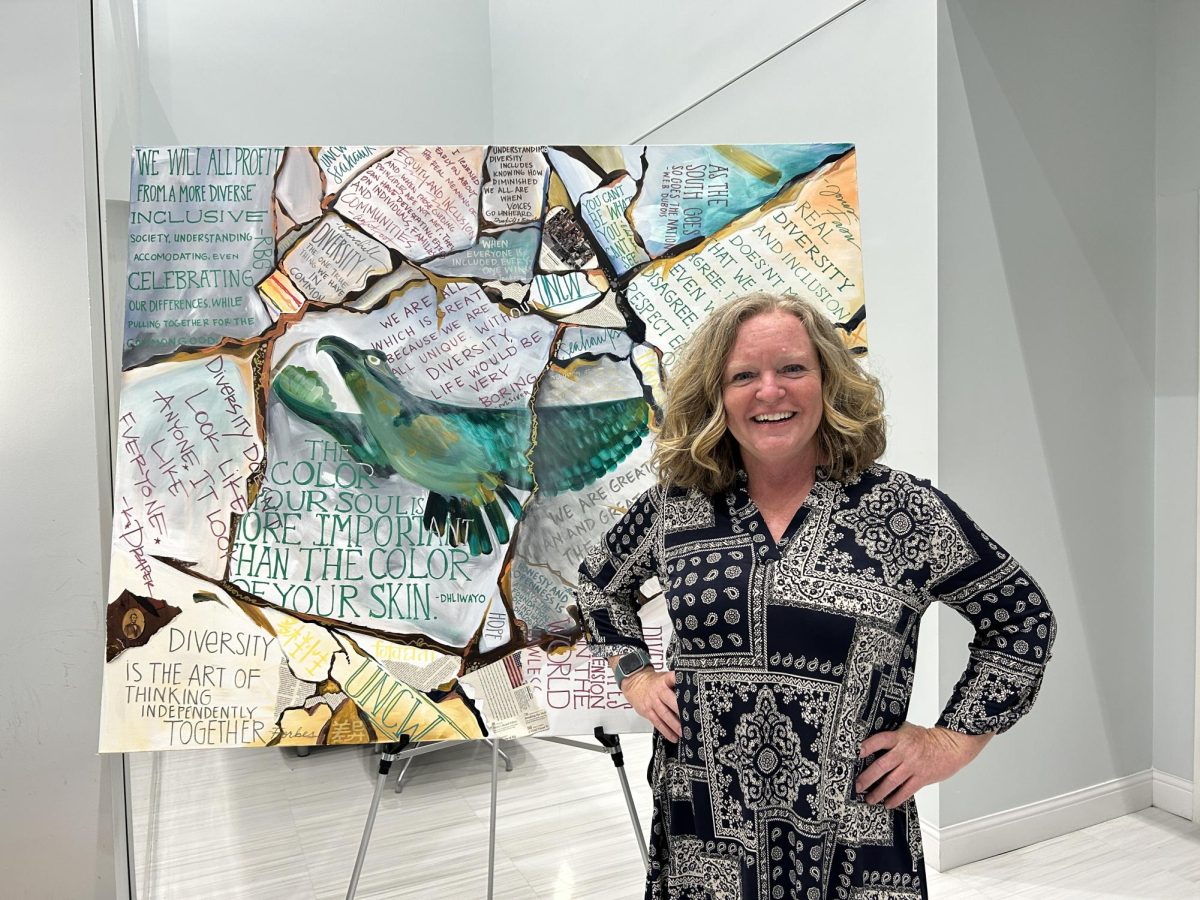
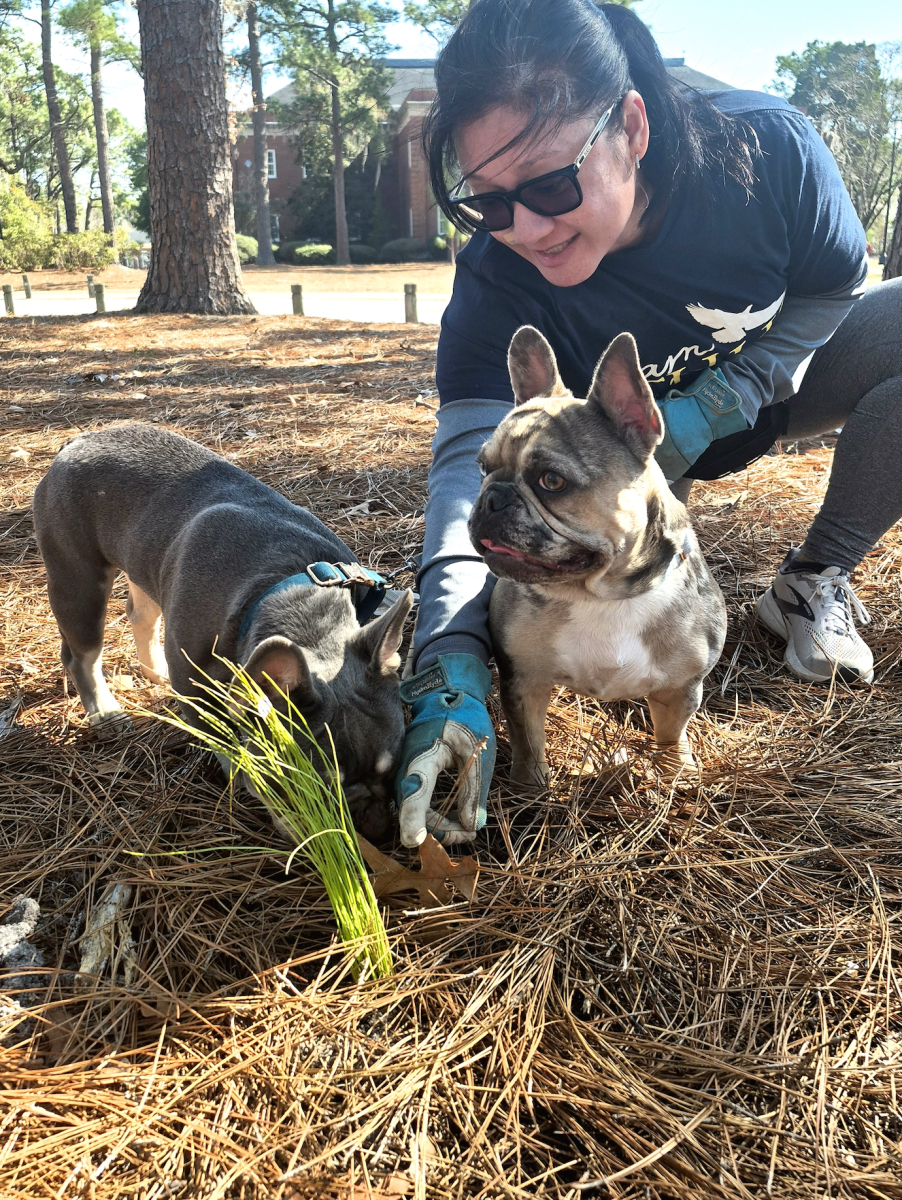



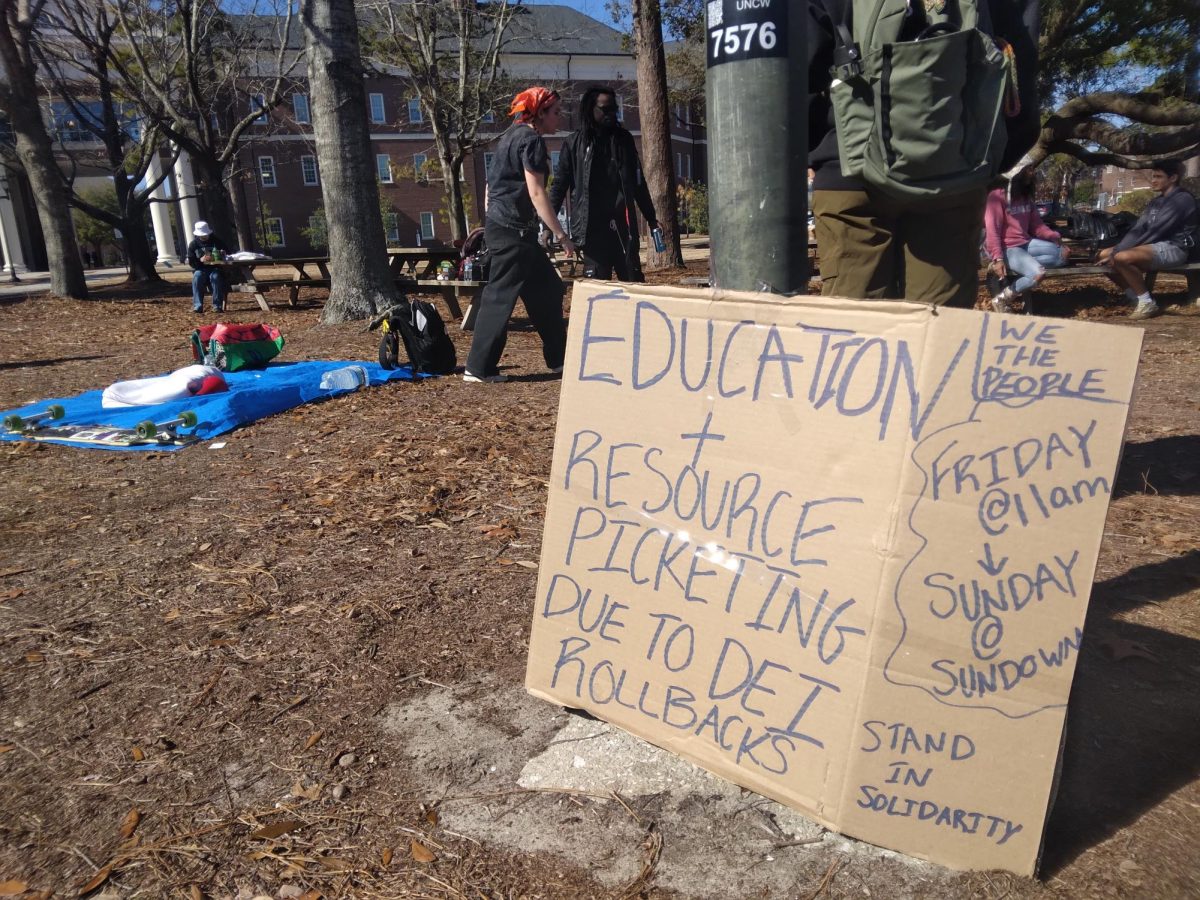
Cheryl Amoson • Aug 4, 2024 at 7:57 pm
I have one of these wonderful plants. He lives in my south facing window which gets sun from 10 until sun set. He loves it. I’m grateful I have one, all who are lucky enough to have one live in their home, take good care of them. Thanks